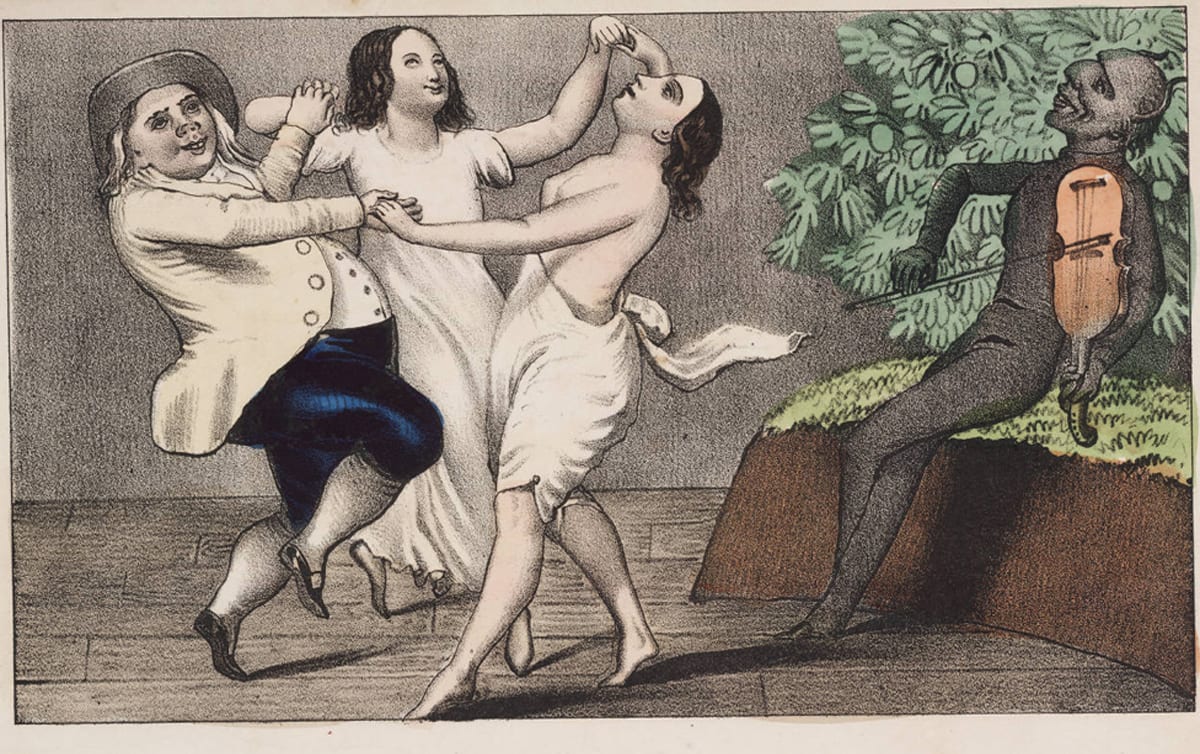
Letter to the editor: Financial responsibility to curb the polygamy damage
According to letter writer Rebecca Kimball (Feb. 23, Independent), polygamy has been financed for decades by millions of taxpayer dollars, and she urged that polygamist men be forced to finance their own children, even when their money is held in the name of a church or business that endorses polygamy.
“I was born a slave, sold as a slave, and bred as a slave in the United States of America, all in the name of a religion that required my obedience or my eternal damnation,” she wrote. With this background and being the product of three generations of polygamy, Kimball has sufficient credentials to speak on the topic. Her views deserve consideration by Utah lawmakers as they wrestle with how to handle this statewide problem.
Lest we think this woman’s experiences reflect only a small portion of those living polygamously, there is strong evidence that damage is inherent in the practice. The WomanStats Database is the largest cross-national compilation of data, statistics, and maps on the status of women worldwide (womanstats.org) and includes data on polygamy (polygyny). Among the extensive empirical work available from the data, board members Valerie Hudson Cassler and Rose McDermott have summarized some of the findings:
“In polygamous societies, more women die in childbirth. More children are poorly educated. People live shorter lives. Violence against women is more common.
“Countries with legal polygamy typically restrict civil rights, limit political freedom, and spend more on weapons than their neighbors. Polygamy also drags down economies. Banning it in countries where it now flourishes, according to one new study, would dramatically increase incomes and levels of saving.
“Polygamy masquerades as a benignly alternative marriage form, but it is often based on coercion. If men can take multiple wives, it stands to reason that many men will find none. Polygamy math requires that at least half of young adult men be removed from the marriage market. This is done by discarding boys at puberty, either by physically expelling them from the community or socially ostracizing them. These victims are more likely to turn to crime — or in other cultures, join terror groups or mercenary armies. Meanwhile, the procreation of many sons creates clan networks that undermine the rule of law.
“Women are also victims of coercion in the polygamous world. Surveys have repeatedly shown that under normal circumstances, few women willingly choose polygamy. Many who are in polygamous unions, especially young women married to much older men, are trapped in positions of dependency. This is an essential aspect of polygamy, because women with education and financial independence would be more able to leave.
“A third level of coercion is that in most polygamous marriage, wives and children support the husband, not the other way around. In wealthier nations, the government and its taxpayers support the wives and children of polygamous men. Polygamy profoundly diminishes paternal investment in children; monogamy maximizes it. In some polygamous societies, men may not be able to name all of their children or even recognize them.”
The intent of this research was not to examine Utah history or current polygamous lifestyles but rather to understand how the treatment of women affects societies. Those sympathizing with the practice of polygamy might reason that the horrific outcomes, as exposed by the WomanStats data, should not be compared to a religiously inspired practice of plural marriage. However, this lifestyle, whoever the participants are, comes with built-in problems.
At least, this was the determination when the Supreme Court of British Columbia considered the constitutionality of Canada’s prohibition on polygamy. In the 2011 decision, Chief Justice Bauman wrote that regardless of the individuals living it, the harms are inherent in the practice: “The evidence … supports the reasoned view that the harms associated with the practice are endemic; they are inherent. This conclusion is critical because it supports the view that the harms found in polygynous societies are not simply the product of individual misconduct; they arise inevitably out of the practice.”
Chief Justice Bauman also found this way of life is harmful despite the location, religious or cultural context: “Dr. McDermott’s analysis demonstrates that statistically, the harms of polygyny do not depend upon a particular regional, religious or cultural context. They can be generalized, and they can be expected to occur wherever polygyny exists.”
The court upheld Canada’s ban and found “harm” resulting from polygamy, no matter who participates, where it is practiced, or which religion or culture is endorsing it. Rather than promoting a united marriage that creates the best possible environment in which to raise children, the evidence shows polygamy divides parents, degrades women, cultivates absent fathers, and harms children. It not only damages families but damages societies overall.
Criticizing others’ cohabitation arrangements is not considered good manners, and if all parties fully consent and are free from coercion, I prefer to keep my opinions to myself. Unfortunately, as the data shows, all parties often do not freely consent. When adults are involved, living polygamy is usually seen as a choice, but the threat of eternal damnation, like a gun to the head, can interfere with that choice and cause some women to hedge their bets that being a plural wife is better than the alternative.
I would hope that Utah lawmakers are aware of the evidence not only from Utah but from the WomanStats data and Canada’s polygamy ban and that they take the necessary steps to discourage this inherently harmful way of life. Requiring polygamous fathers to fund their lifestyles sounds like an important step and lawmakers should take into account Kimball’s painfully-learned recommendations: “Make men financially responsible for their own breeding habits and polygamy will shrink, women and children will be safer, and our tax dollars can quit financing the organized crime carried out in the name of religion.”
—Kathy Bence, Toquerville
The viewpoints expressed above are those of the author and do not necessarily reflect those of The Independent.
How to submit an article, guest opinion piece, or letter to the editor to The Independent
Do you have something to say? Want your voice to be heard by thousands of readers? Send The Independent your letter to the editor or guest opinion piece. All submissions will be considered for publication by our editorial staff. If your letter or editorial is accepted, it will run on suindependent.com, and we’ll promote it through all of our social media channels. We may even decide to include it in our monthly print edition. Just follow our simple submission guidelines and make your voice heard:
—Submissions should be between 300 and 1,500 words.
—Submissions must be sent to editor@infowest.com as a .doc, .docx, .txt, or .rtf file.
—The subject line of the email containing your submission should read “Letter to the editor.”
—Attach your name to both the email and the document file (we don’t run anonymous letters).
—If you have a photo or image you’d like us to use and it’s in .jpg format, at least 1200 X 754 pixels large, and your intellectual property (you own the copyright), feel free to attach it as well, though we reserve the right to choose a different image.
—If you are on Twitter and would like a shout-out when your piece or letter is published, include that in your correspondence and we’ll give you a mention at the time of publication.



